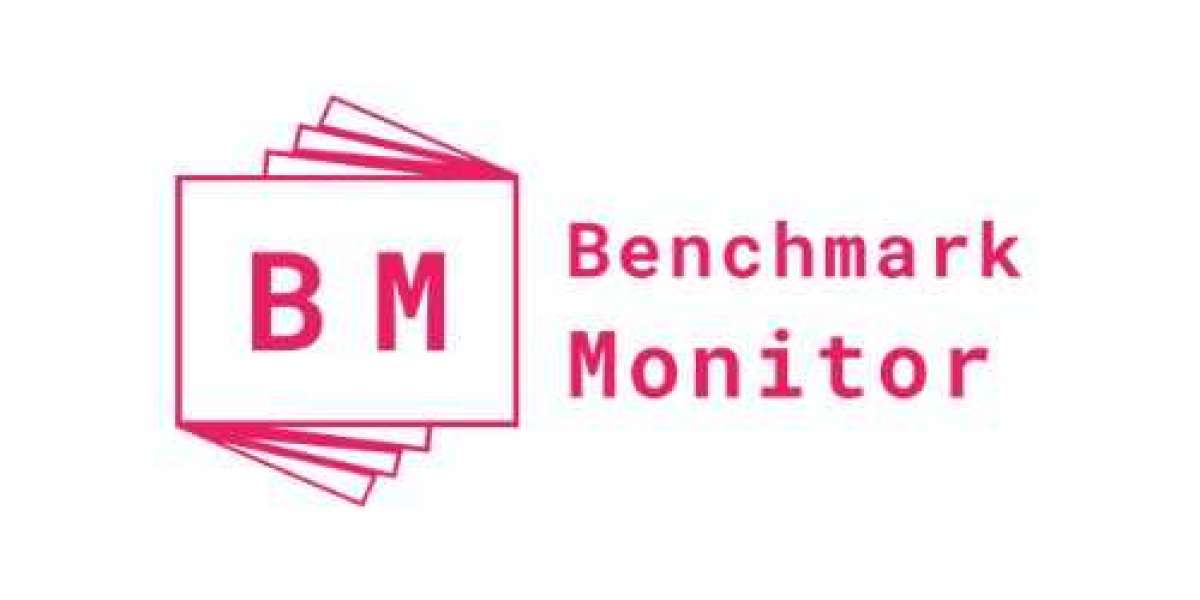The topic of the youngest mother in the world is a subject that often sparks curiosity and raises questions about the complexities of human development and society. Throughout history, there have been cases of girls becoming mothers at incredibly young ages, sometimes as a result of biological factors, cultural practices, or tragic circumstances. One such case stands out as the youngest confirmed mother in recorded history, shedding light on the challenges and ethical considerations surrounding early motherhood.
Lina Medina: A Remarkable Case
The story of Lina Medina, a young Peruvian girl, continues to captivate the world's attention decades after it first came to light. Lina's extraordinary journey began in the early 20th century when she made headlines as the youngest documented mother in history. Born in 1933 in a small village in Peru, Lina's life took an unexpected turn when she became pregnant at the tender age of five years and seven months.
Unraveling the Mystery
The circumstances surrounding Lina's pregnancy raised numerous questions and sparked intense scrutiny from medical professionals and the public alike. How could a child so young conceive and carry a pregnancy to term? Was her case the result of abuse, precocious puberty, or an anomaly of nature?
Medical Marvel: Precocious Puberty
Upon further investigation, doctors determined that Lina was experiencing a rare condition known as precocious puberty, in which a child's body begins maturing sexually at an unusually early age. In Lina's case, her reproductive system had matured to the point where she was able to conceive, despite her young age. This medical marvel provided a scientific explanation for her pregnancy but also raised ethical dilemmas and concerns about her well-being.
The Birth of a Child
In May 1939, Lina gave birth to a healthy baby boy via cesarean section, shocking the world with the revelation of her young age. The birth attracted widespread attention and prompted calls for further investigation into the circumstances surrounding Lina's pregnancy. While some speculated about the identity of the baby's father and the possibility of abuse, Lina's family maintained that she had been unaware of her pregnancy until her abdomen began to swell.
Life After Motherhood
Following the birth of her son, Lina and her family retreated from the public eye, seeking privacy and protection from the media frenzy surrounding her case. Despite the challenges and stigma associated with her situation, Lina reportedly went on to lead a relatively quiet life, away from the spotlight that had once engulfed her.
Legacy and Impact
Lina Medina's story remains a poignant reminder of the complexities of human biology and the vulnerabilities of childhood. Her case sparked important conversations about reproductive health, child welfare, and the ethical implications of early motherhood. While advancements in medicine and social progress have led to greater awareness and support for young mothers, cases like Lina's serve as a sobering reminder of the challenges that still exist.
Conclusion
The tale of the youngest mother in the world is not just a historical footnote but a testament to the resilience of the human spirit and the enduring quest for understanding. Lina Medina's extraordinary journey continues to fascinate and inspire, prompting reflection on the intersection of biology, culture, and society. As we strive to create a world where every child can thrive and fulfill their potential, we must heed the lessons of the past and work towards a future of compassion, empathy, and empowerment for all.











